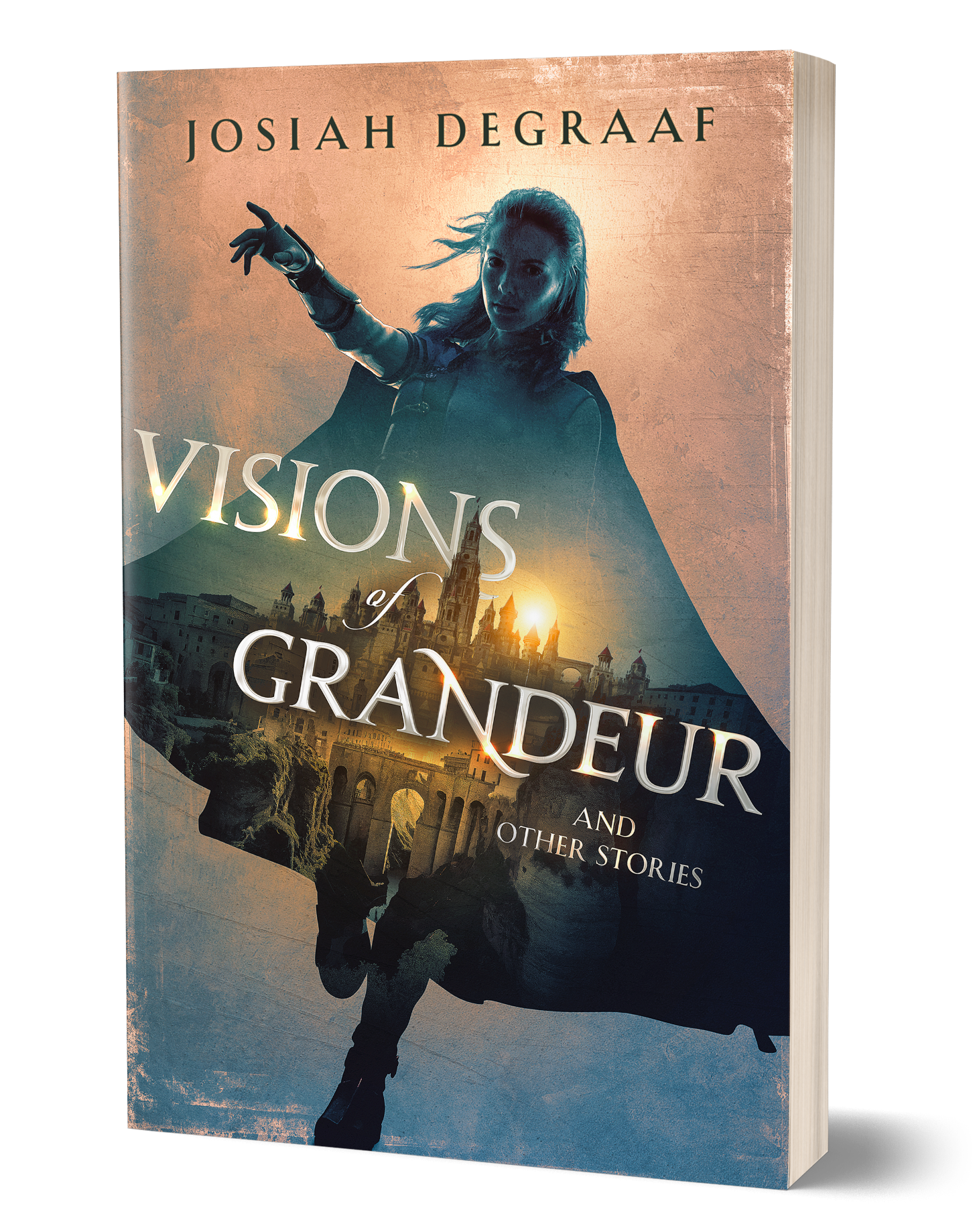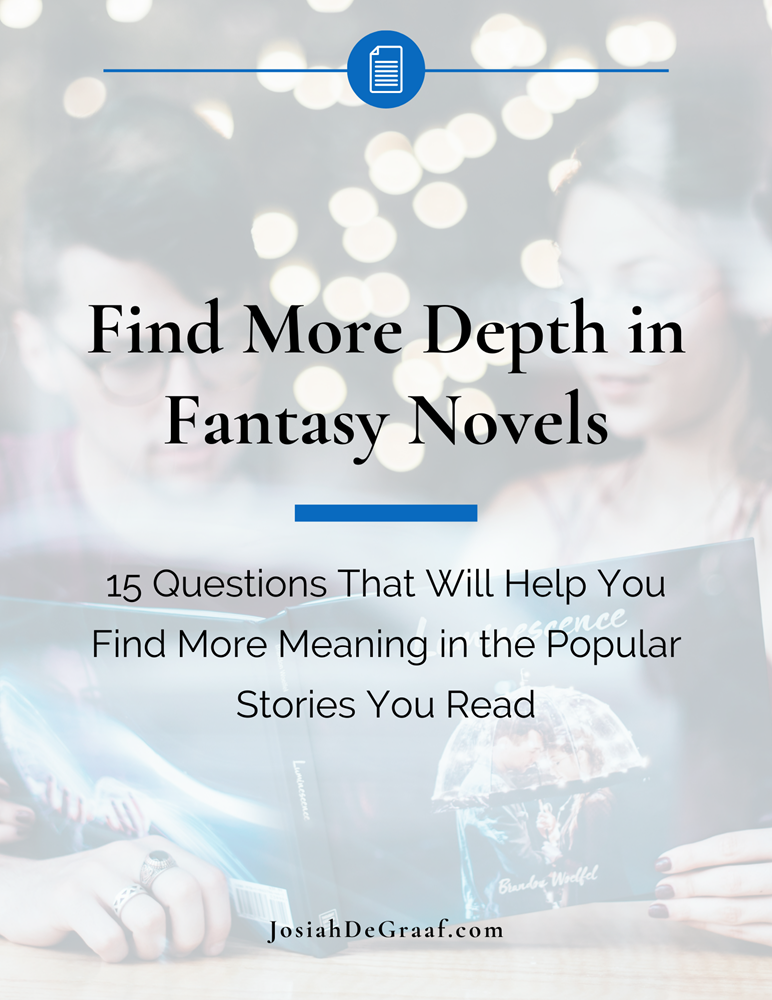I recently saw The Last Jedi over this past weekend. It was one of those films that took me a while to process because of just how many plot twists and surprises were packed into its two and a half hour run-time. The more I’ve thought about it, however, the more it strikes me that The Last Jedi may have the best thematic breadth in the entire Star Wars series. (Warning: Spoilers follow.)
In most Star Wars movies, the thematic aspect of the film seems to be pretty focused on one character. A New Hope focuses on Luke’s character arc as he learns to trust the Force. Han has a character arc as well, but it’s more minor and disconnected. Empire Strikes Back is about Luke being forced to choose between achieving greatness (whether as a Jedi with Yoda or a Sith with his father) or protecting his friends (among other things; there are a couple different themes, but they seem to mainly revolve around Luke). Revenge of the Sith likewise focuses everything around Anakin’s turn to the Dark Side. Great themes with a lot of depth. However, all these themes are largely focused on one character in each of the films.
I was surprised to find that this isn’t the case in The Last Jedi.
Instead, The Last Jedi “democratizes” its key theme by developing it through the lives of a bunch of different characters instead of through one main character.
I’d like to suggest that the biggest theme in The Last Jedi is the theme of pride: or, as Luke puts it, the theme of hubris. (The past is another big theme, but I think pride has an edge on it). The film is about people who trust themselves and don’t trust others–and the chaos this creates in its wake.
This theme is probably the clearest with Poe Dameron in one of the more shocking character arcs in the film. I was not expecting when I went into The Last Jedi to see the classic solitary hero who trusts himself over “foolish” allies portrayed in a negative light. And yet it was–and the film powerfully showed the danger of heroes who trust themselves so much that they act with reckless hubris.
Kylo Ren also exemplifies these traits as a villain. While I came into the film hoping he’d become a hero and Rey a villain (we all have our fan hopes, alright?), it struck me how different Ren’s expectations were from what I expected. Between Last Jedi and Force Awakens, Ren is constantly trying to remove all external influences from his life. First Han, then Vader (destroying the mask), then Snoke, then Hux (forcing him to submit), then Luke (or at least he attempts to do so). Ren seems to care about one thing: becoming the most powerful individual who doesn’t need to answer to anyone else. The only time this is broken is when he tries to win Rey to his side, but one does wonder how much Ren really would be content with permanently sharing power with Rey.
This theme is discussed most directly, though, with Luke. This was one of my favorite parts of the film. Few popular films I’ve seen examine how a person is affected when they’re looked up to a legendary hero–and what kind of a cost this has. Luke’s case explores the idea of wounded hubris: when you’re looked up to as a hero, and you fail spectacularly, how do you come back from that? When Luke loses his trust in his own abilities, he takes his wounded hubris as an excuse to hide for most of the film before finally realizing you can have heroism without hubris (hence why he avoids showing up to fight Ren).
I’d even argue Finn shares this theme, albeit in an unusual way. Cowardice and hubris are normally viewed as opposites, but if you see hubris as placing all your trust and priorities in yourself instead of in others (which this film seems to do), Finn’s cowardice stems from his hubris. Finn’s goal at the beginning of the film is to survive, and he doesn’t care how his actions will impact others. He only fully changes when the weapons dealer betrays them and he learns just how ugly it looks like for people to only care about themselves. Finn would never have gone quite as far as the weapons dealer, but both of their actions (desertion and betrayal) stem from the same root. Which all then leads to what could-have-been the best moment in the film where Finn’s ready to sacrifice himself for others, and I’m getting ready to cry at his inevitable death scene that’s been so beautifully set up–before the film chickened out and saved him at the last moment.
(Yes, I wanted one hero to turn evil and another hero to die and was upset when Finn survived; I’ve got twisted desires like that. I blame it on the writing side of my brain.)
And with Rey our protagonist? She’s complicated. On the one hand, she knows she needs training, doesn’t trust her natural abilities like Ren does, constantly tries to get Luke to care about others, and refuses to join Ren because she cares more about her friends than personal power. On the other hand, she also trusts that Ren will turn when Luke is assuring her he won’t, and holds onto that belief awfully long before finally being forced to realize she was wrong. So I think she’s a complex look at this theme, as she’s the closest thing we have as an ideal to strive toward regarding hubris, and yet she also has a fair bit of it herself.
As I reflect on Last Jedi compared to other Star Wars films, it’s not my favorite (Empire and Revenge both vie for that slot). The theme of Last Jedi, while broad, isn’t quite as deep as some of the others. The climax in particular missed a number of key opportunities to drive the theme home as Poe’s attempt was thwarted and Luke never actually showed up to duel Kylo. Luke projecting a hologram across the galaxy certainly has some thematic resonance, but I still feel like they missed the opportunity for a really good laser sword fight in the climax. As a result, other parts of the story overshadowed the climax, and in my opinion prevented the film from reaching its highest potential.
All that being said, I also can’t think of another Star Wars film where you have five different characters tying into the theme’s film in pretty major ways. When you think about it, it’s actually a recapitulation of Empire thematically. Empire tempts Luke with the promise of power and accomplishment; Last Jedi does likewise, but with a slew of different characters being forced to make that same choice in slightly different forms. As a result The Last Jedi leaves the viewer with a lot to think about (or at least it did with me).
Not too shabby of an accomplishment for a blockbuster to achieve.






